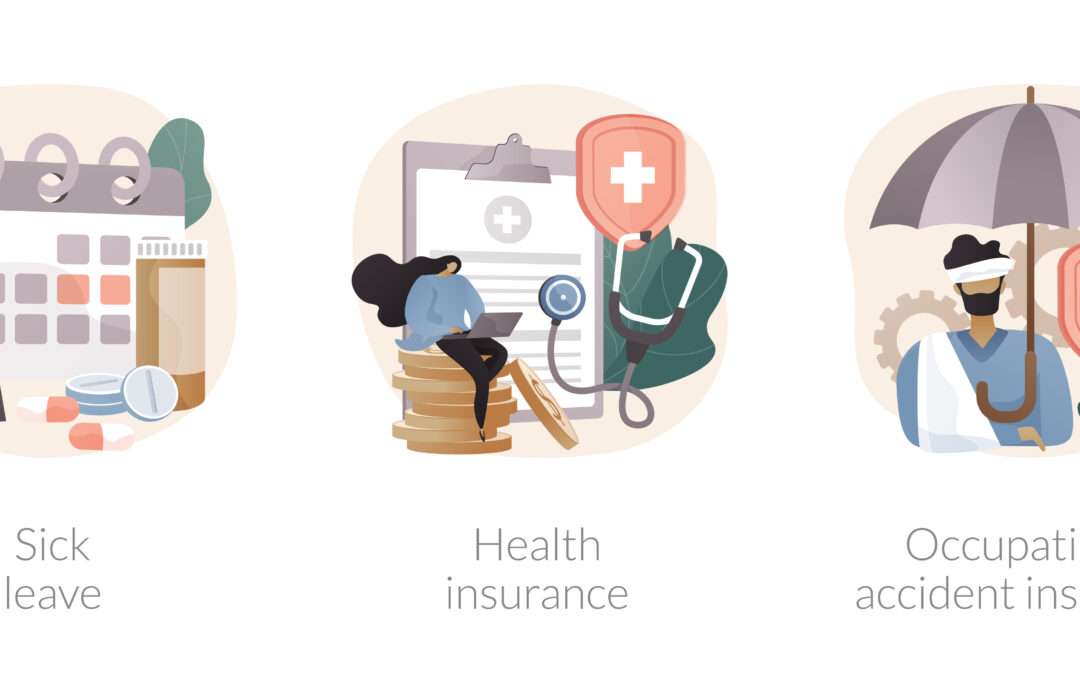Calendar year 2024 brought a range of high-impact HIPAA enforcement actions from the U.S. Department of Health and Human Services (HHS) Office for Civil Rights (OCR). By the year’s end, OCR had collected over $9 million through various settlements and final determinations. Interestingly, 2024 stands out for having the most final determinations (i.e., definitive impositions of a Civil Money Penalty) in OCR’s HIPAA enforcement history. However, it remains the case that most matters are resolved cooperatively through settlement agreements. Across hospitals, nursing facilities, EMS providers, physician offices (including dental and specialty practices), and even a health care clearinghouse, OCR’s actions highlighted the ongoing importance of thorough risk analyses, timely patient access to records, comprehensive workforce training, and secure system configurations.














